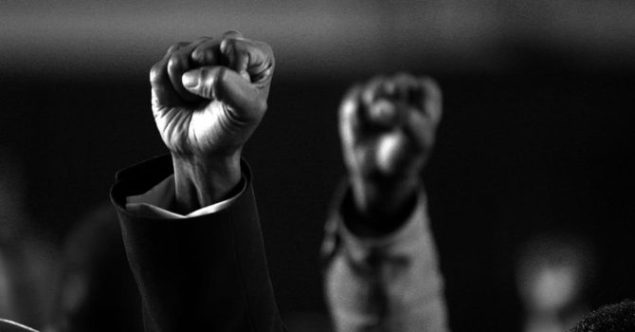
Is Critical Race Theory (CRT) itself racist?
I’ve heard this about CRT often lately. But quite clearly, visibly, and overtly, CRT scholars reject the “myth of inferior peoples” (Dr. King’s description of racism); that is, CRT rejects the claim that races can relate as superior or inferior, whether according to body, mind, morals, culture, or behaviors, and therefore even current social and economic maldistributions are not primarily attributable to supposed racial difference. According to CRT founders Mari Matsuda, Charles Lawrence, Richard Delgado, and Kimberlé Crenshaw,
as critical race theorists we adopt a stance that presumes that racism has contributed to all contemporary manifestations of group advantage and disadvantage along racial lines, including differences in income, imprisonment, health, housing, education, political representation, and military service. Our history calls for this presumption. (Words That Wound, p. 2)
And, according to CRT scholars, every group is capable of sharing in and participating in this racism, though certainly not in the same way or to the same degree:
Americans share a common historical and cultural heritage in which racism has played and still plays a dominant role. Because of this shared experience, we also inevitably share many ideas, attitudes, and beliefs that attach significance to an individual’s race and induce negative feelings and opinions about nonwhites. To the extent that this cultural belief system has influenced all of us, we are all racists. At the same time, most of us are unaware of our racism. We do not recognize the ways in which our cultural experience has influenced our beliefs about race or the occasions on which those beliefs affect our actions. (Charles Lawrence III, “The Id, the Ego, and Equal Protection,” p. 322)

